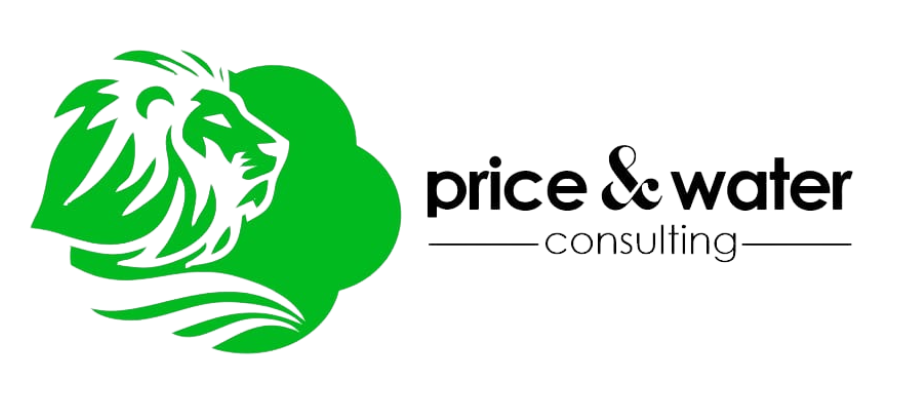Introduction
In the dynamic landscape of entrepreneurship in Nigeria, securing a business loan can be an important step towards realizing your entrepreneurial dreams.
However, financial institutions require a comprehensive roadmap for your business in the form of a bankable business plan before considering your loan application.
This blog post explores the essence of a bankable business plan and why it is an indispensable tool when trying to secure a business loan in Nigeria.
Understanding a Bankable Business Plan
A bankable business plan is a detailed document that outlines the goals, strategies, financial projections, and operational framework of a business. It serves as a roadmap that not only guides the entrepreneur but also provides crucial insights for potential investors and lenders.
The term “bankable” implies that the plan is not just a conceptual framework but is practical and robust enough to instill confidence in financial institutions to invest in or lend money to the business.
Key Components of a Bankable Business Plan
1. Executive Summary
The executive summary is a concise overview of your business, summarizing key aspects such as your business idea, target market, competition, and financial projections. Despite being the first section, it’s often the last to be written as it encapsulates the essence of the entire plan.
2. Business Description
This section provides a detailed account of your business, its mission, vision, and the problem it aims to solve in the market. Here, you describe your products or services, and highlight any unique selling propositions that differentiate your business.
3. Market Analysis
This section requires conducting a thorough analysis of the market you operate in, including industry trends, target audience demographics, and a competitive analysis. This section is where you clearly demonstrate a deep understanding of your market and how your business fits into the broader landscape.
4. Organization and Management
Outline the organizational structure of your business, detailing key team members, their roles, and their expertise. Investors want to know that your business is led by a capable and experienced team.
5. Products or Services
Provide a comprehensive breakdown of your offerings, highlighting their features, benefits, and how they meet the needs of your target market. Include any intellectual property, patents, or proprietary technologies that give your products or services a competitive edge.
6. Sales and Marketing Strategy
Present a detailed plan for how you intend to market and sell your products or services. Include information on pricing, distribution channels, and promotional strategies. A robust sales and marketing strategy demonstrates that you have thought through how to generate revenue.
7. Financial Projections
Perhaps the most critical section for lenders, the financial projections provide a detailed outlook on your business’s financial health. Include income statements, balance sheets, and cash flow statements, projecting at least three to five years into the future. Back up your projections with realistic assumptions and justifications.
8. Funding Requirements
Clearly articulate why you are seeking a business loan, detailing the amount needed, the purpose of the funds, and how you plan to utilize them. Provide a repayment plan, including interest rates and terms, demonstrating that you have thoroughly considered the financial aspects of the loan.
Why a Bankable Business Plan is Essential for a Business Loan in Nigeria
1. Risk Mitigation
A comprehensive business plan allows financial institutions to assess the risks associated with your business. By demonstrating a deep understanding of your market and providing realistic financial projections, you can instill confidence in lenders that you have considered and mitigated potential risks.
2. Credibility and Professionalism
A well-prepared business plan reflects your professionalism and commitment to your venture. Lenders are more likely to take you seriously if you present a polished and detailed plan, showcasing your dedication to the success of your business.
3. Decision-Making Tool
For lenders, a bankable business plan is a crucial decision-making tool. It provides them with the information needed to evaluate the viability of your business, the potential for repayment, and the overall soundness of the investment.
4. Alignment with Business Goals
A business plan ensures that your loan application aligns with your overall business goals. It provides clarity on how the funds will be used to enhance the business, fostering a sense of trust and alignment between the entrepreneur and the lender.
Conclusion
In the Nigerian business landscape, a bankable business plan is not just a requirement; it is a strategic asset that can significantly increase the likelihood of securing a business loan. By investing time and effort into creating a thorough and compelling business plan, you can position your business as a credible and viable venture for financial support, paving the way for the realization of your entrepreneurial aspirations.

